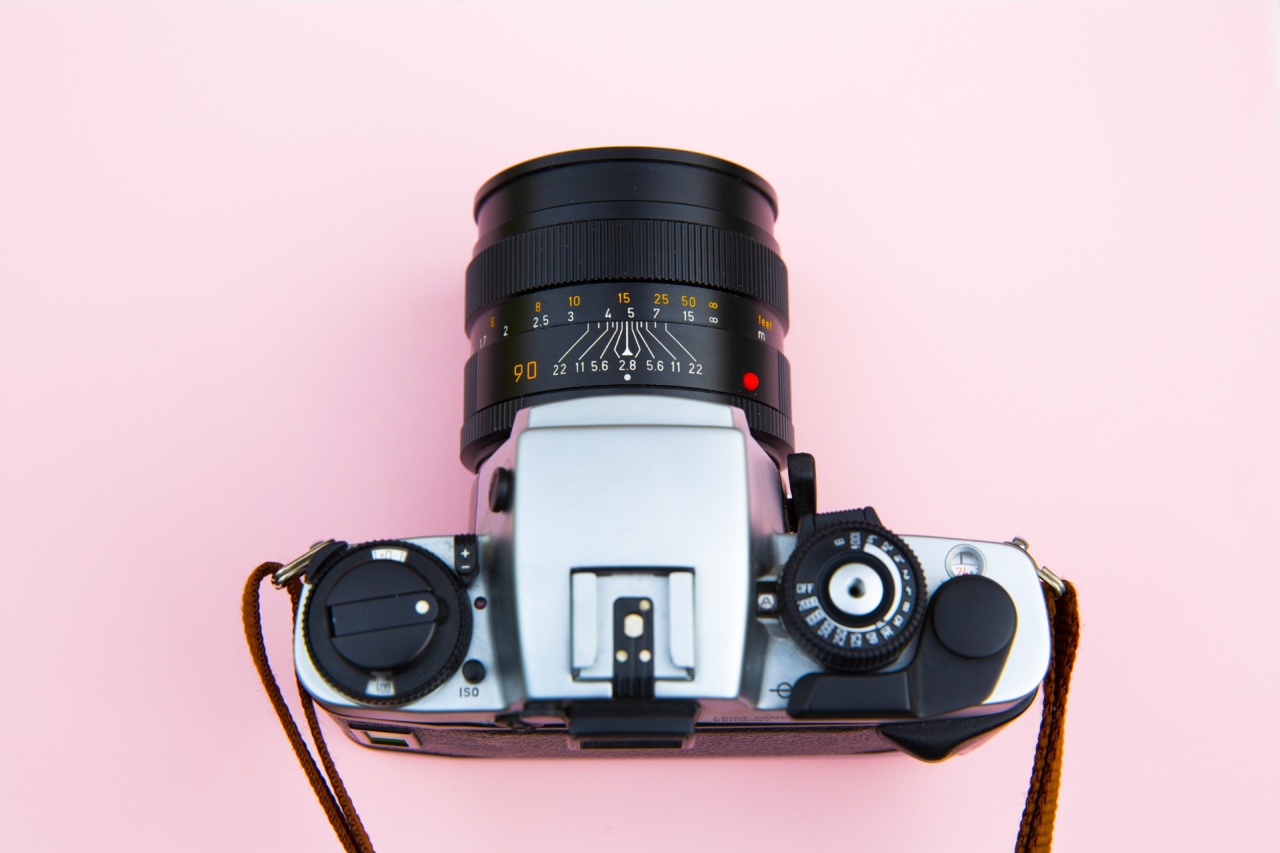Body image refers to the way individuals perceive and feel about their physical appearance. It encompasses both their thoughts and emotions related to their body’s size, shape, weight, and overall appearance.
Self-esteem, on the other hand, refers to one’s overall evaluation and perception of themselves. It includes feelings of self-worth, self-acceptance, and self-confidence. The link between body image and self-esteem is crucial, as any negative perception of one’s body can significantly impact their self-esteem and mental well-being.
Factors Influencing Body Image
Body image is influenced by various factors, including societal standards of beauty, media representations, peer pressure, cultural ideals, and personal experiences.
Society often promotes an idealized body shape and size, which may contribute to individuals comparing themselves to these unrealistic standards. The media, in particular, plays a significant role in shaping body image through its portrayal of thin or muscular individuals as the epitome of beauty and success.
Peer pressure is another influential factor, especially during adolescence when individuals strive to fit in and be accepted by their peers.
Comments, teasing, or negative social comparisons related to appearance can deeply impact how one views their body. Cultural ideals also vary across different societies, with specific body types being celebrated or stigmatized.
Personal experiences, such as bullying, trauma, or significant life changes, can further shape an individual’s body image and self-esteem.
Body Image and Self-Esteem
Body image and self-esteem are closely intertwined. A positive body image often leads to higher self-esteem, while a negative body image can cause self-esteem to plummet.
When individuals perceive their bodies as flawed or unacceptable according to societal standards, they are more likely to experience dissatisfaction with their appearance, leading to diminished self-esteem.
Low self-esteem related to body image issues can manifest in various ways, such as feelings of shame, self-consciousness, social withdrawal, and a lack of confidence in personal relationships, professional endeavors, and participating in social activities. Negative thoughts about one’s body may become obsessive, leading to psychological distress, anxiety, and even depression.
Moreover, individuals with low self-esteem may engage in unhealthy behaviors to try and attain the perceived ideal body, such as extreme dieting, overexercising, or even developing eating disorders.
The Impact of Media
The media plays a significant role in shaping body image and, consequently, self-esteem.
Constant exposure to unrealistic beauty standards in advertising, magazines, social media, and entertainment can lead to harmful comparisons and feelings of inadequacy. Many individuals, especially young people, idealize the images they see in the media and strive to achieve the same appearance, often at the expense of their self-esteem and mental health.
The constant barrage of digitally altered photos promotes an unrealistic and unattainable standard of beauty. This can create a perception that one’s own body is not good enough, leading to dissatisfaction and negative self-evaluation.
Media representation predominantly focuses on a narrow range of body types and can contribute to feelings of exclusion or invalidation for those who do not fit these standards.
Building a Positive Body Image
Building a positive body image is essential for improving self-esteem and overall well-being.
While societal pressures and media influence may be challenging to overcome, there are steps individuals can take to foster a healthier relationship with their bodies:.
- Acknowledge and challenge societal beauty standards: Recognize that beauty comes in diverse forms and challenge the notion that only certain body types are acceptable or desirable. Surround yourself with positive and inclusive representations of beauty.
- Practice self-compassion: Treat yourself with kindness and understanding. Be mindful of your self-talk and focus on self-acceptance rather than self-criticism.
- Cultivate a supportive environment: Surround yourself with people who value you for who you are rather than how you look. Seek out friends and communities that prioritize self-acceptance and body positivity.
- Foster a healthy lifestyle: Focus on activities that make you feel good and provide a sense of well-being. Engage in regular physical activity for the sake of health and enjoyment rather than adhering to unrealistic fitness goals.
- Challenge negative thoughts: Whenever negative thoughts about your body arise, challenge them with positive affirmations and remember that your worth is not determined by your appearance.
- Seek professional support if needed: If negative body image significantly impacts your self-esteem and mental well-being, consider seeking support from a therapist or counselor who specializes in body image issues.
Conclusion
The link between body image and self-esteem is profound, and the negative impact of societal pressures, media influence, and personal experiences should not be underestimated.
Developing a positive body image is crucial for cultivating higher self-esteem and improving overall mental well-being. By challenging unrealistic beauty standards, practicing self-compassion, and fostering a supportive environment, individuals can gradually build a healthier relationship with their bodies and achieve greater self-acceptance and confidence.






























